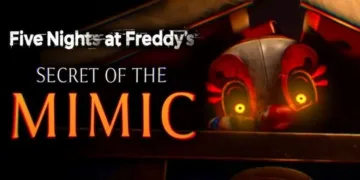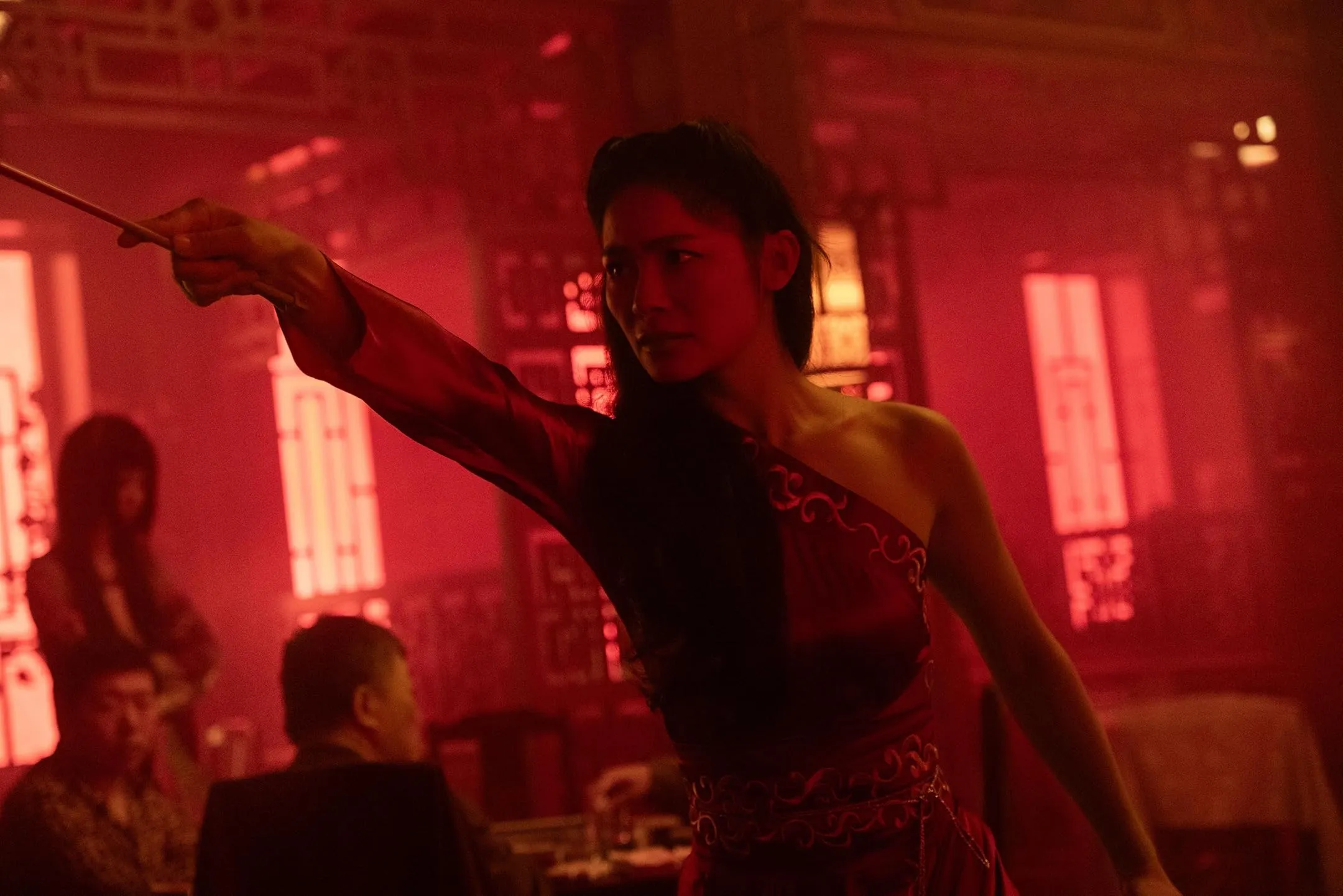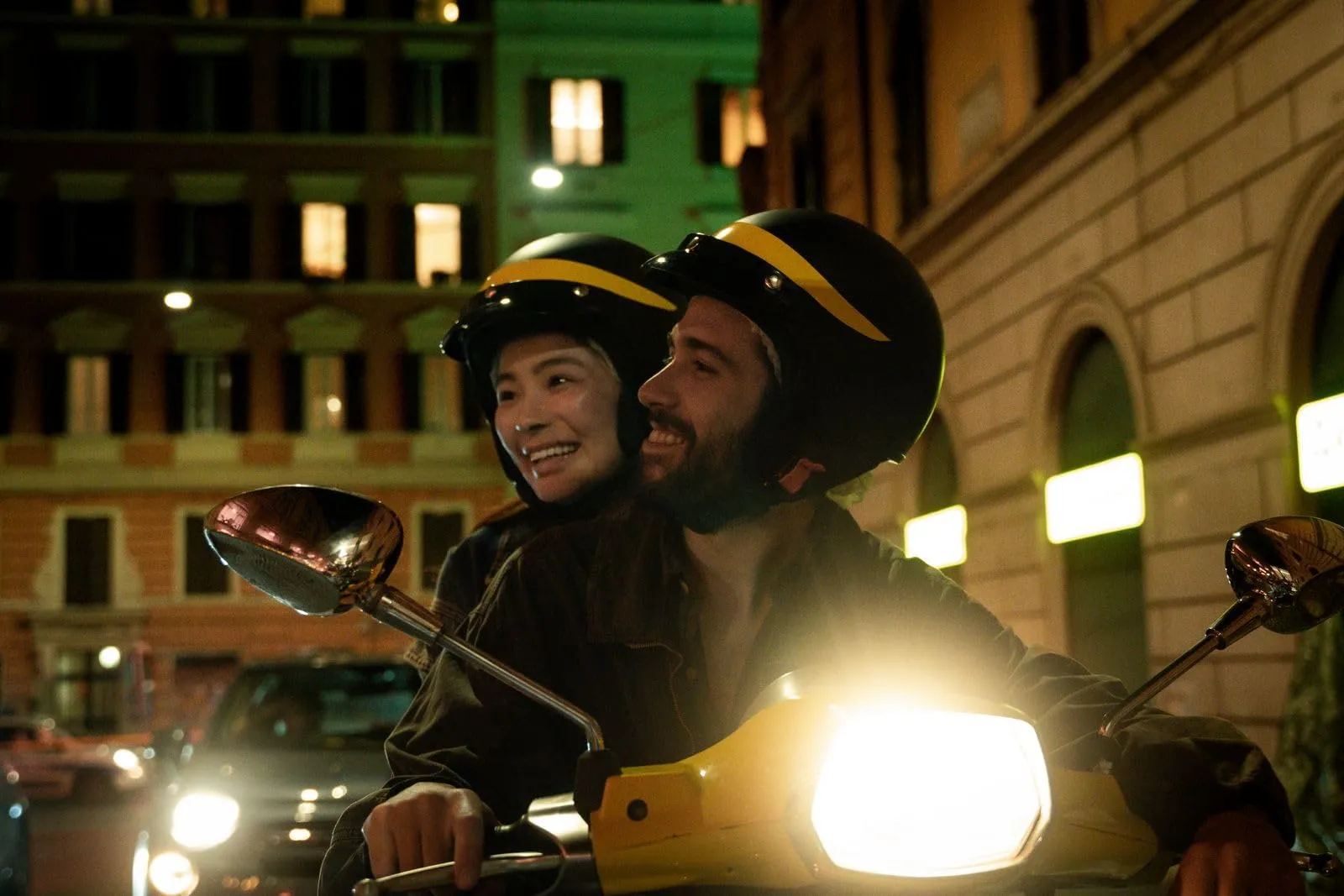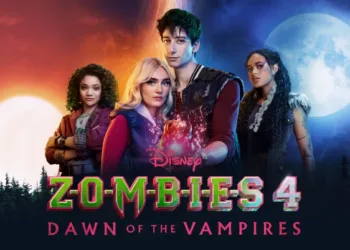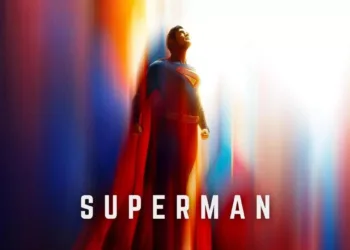A woman moves through the red-lit corridors of a criminal enterprise. She is a whisper of motion, a study in kinetic efficiency. Her targets, a legion of thugs and traffickers, are loud, brutish punctuation marks she calmly erases.
The setting feels familiar to anyone with a passing knowledge of Hong Kong action cinema. Then, after dispatching a small army in a kitchen using little more than boiling grease and a cheese grater (a particularly undignified end), she kicks open the front doors and steps into the daylight. The street is not in Shanghai or Hong Kong.
It is unmistakably Roman. This geographical sleight of hand is the film’s first, and best, joke. What unfolds is a magnificent cinematic oddity, a kind of “Spaghetti Eastern” that pits one woman’s focused Chinese resolve against the beautiful, baroque chaos of Italy.
She is a warrior on a singular mission to find her sister, a quest that drops her into a culture where, as one character notes, everything is permitted but nothing is important—the precise inverse of her homeland.
The Kitchen Utensil as Political Statement
The violence in this film is its most articulate language. Director Gabriele Mainetti choreographs action not as mere spectacle, but as an extension of character and environment. When our protagonist, Mei, shatters a compact disc to create a makeshift blade, it is an act of desperate invention.
This is not the calculated choice of a state-sponsored spy with a garage full of gadgets; it is the instinctive act of a person with nothing. The film’s most potent commentary lies in this resourcefulness. The use of everyday objects—kitchen pans, market fish, a bouquet of roses—is a statement on the immigrant experience weaponized. When your world has been stripped away, your new world must become your armory.
This commitment to verisimilitude is embodied by lead Yaxi Liu, a stuntwoman whose physical literacy is the film’s anchor. The camera trusts her completely, lingering on movements without the frantic cuts used to hide the limitations of less capable actors. This is a return to an older cinematic honesty, a pact between performer and viewer.
Her small frame makes her opponents’ underestimation of her a recurring, and for them, fatal, mistake. She fights with the ferocity of someone with nothing left to lose, turning spaces of community—a restaurant kitchen, a public market—into theaters of destruction. The dissonance of turning a place of nourishment into a battleground is powerful. It is an invasion of the social fabric on a deeply personal level.
Love in the Time of a Translator App
Away from the shattered bones, the film finds a strange, tender heart. Mei’s path collides with that of Marcello, a local chef drowning in his own family crisis after his father vanishes. Their alliance is born of mutual desperation.
The most significant obstacle between them, the language barrier, becomes the film’s central metaphor for modern connection. They communicate through the tinny, impersonal voice of a smartphone app, a third party in their budding relationship. Their early interactions are a comedy of digital mistranslation, highlighting the absurdity and imperfection of mediated intimacy. Does true understanding ever pass through such a filter?
Perhaps not. Their bond is stronger because it is forced to bypass language, relying instead on more fundamental human signals: shared peril, acts of service, the simple grammar of empathy. It is a connection built in the quiet spaces between words. This is amplified by the contrast between her solitude and the sprawling, boisterous mess of Marcello’s Italian family.
Their debts, affairs, and loud arguments represent a different kind of entrapment, one of social obligation, which makes Mei’s self-reliant quest seem almost pure by comparison. A late-night Vespa ride through Rome deliberately echoes a certain 1953 classic, but the context is inverted. This is no princess enjoying a fling; it is a hardened warrior finding a fleeting moment of peace. The film deconstructs the fantasy of Rome, replacing it with a gritty, complicated reality.
An Overstuffed, Glorious Mess
The film is not one thing. It is many things, all at once. It is a martial arts epic, a gritty crime procedural, a sprawling Italian family melodrama, and a tentative romantic comedy. This kitchen-sink approach to genre is both its greatest strength and its most notable weakness.
The film dares its audience to keep up with its wild tonal shifts, refusing to settle into any comfortable category. One minute we are watching a limb snap; the next we are watching two characters struggle to order coffee. Is this jarring, or is it just a more honest reflection of life’s chaotic rhythm?
The plot, which begins as a search for a missing person, twists itself into a far darker story of revenge, unearthing secrets that ripple through two families on opposite sides of the world. This ambition comes at the cost of time. At well over two hours, the film insists on giving equal weight to each of its narrative threads.
The long pauses between its spectacular bursts of action can feel indulgent, threatening to derail the momentum. Yet this structural choice may be the point. The film rejects the idea that a story is only its action beats. It is also the quiet moments, the awkward dinners, the unresolved arguments.
This is a fascinating, unwieldy beast that questions the very idea of a “national” cinema. Its existence, a high-octane kung fu story made in Italy, is a cultural artifact of our deeply interconnected, and often conflicted, modern world.
The Forbidden City was released in Italy on March 13, 2025.
Full Credits
Director: Gabriele Mainetti
Writers: Stefano Bises, Gabriele Mainetti, Davide Serino
Producers: Mario Gianani, Lorenzo Gangarossa, Sonia Rovai
Cast: Yaxi Liu, Enrico Borello, Sabrina Ferilli, Marco Giallini, Shansan Chunyu, Luca Zingaretti
Director of Photography (Cinematographer): Paolo Carnera
Editors: Francesco Di Stefano, Francesca Addonizio
Composer: Fabio Amurri
The Review
The Forbidden City
An audacious and chaotic fusion of Hong Kong action and Italian melodrama. The film is a glorious, overstuffed mess, powered by inventive, bone-crunching combat and a surprisingly tender core relationship. Its ambition is both its greatest asset and its biggest flaw, making for a long but unforgettable ride that is much more than the sum of its parts.
PROS
- Inventive and visceral action sequences.
- Authentic lead performance with incredible physicality.
- A genuinely moving cross-cultural romance.
- Beautifully atmospheric cinematography of Rome.
CONS
- Pacing is uneven, with long lulls between fights.
- Excessive runtime makes the story feel bloated.
- The plot becomes convoluted with too many sub-stories.






































